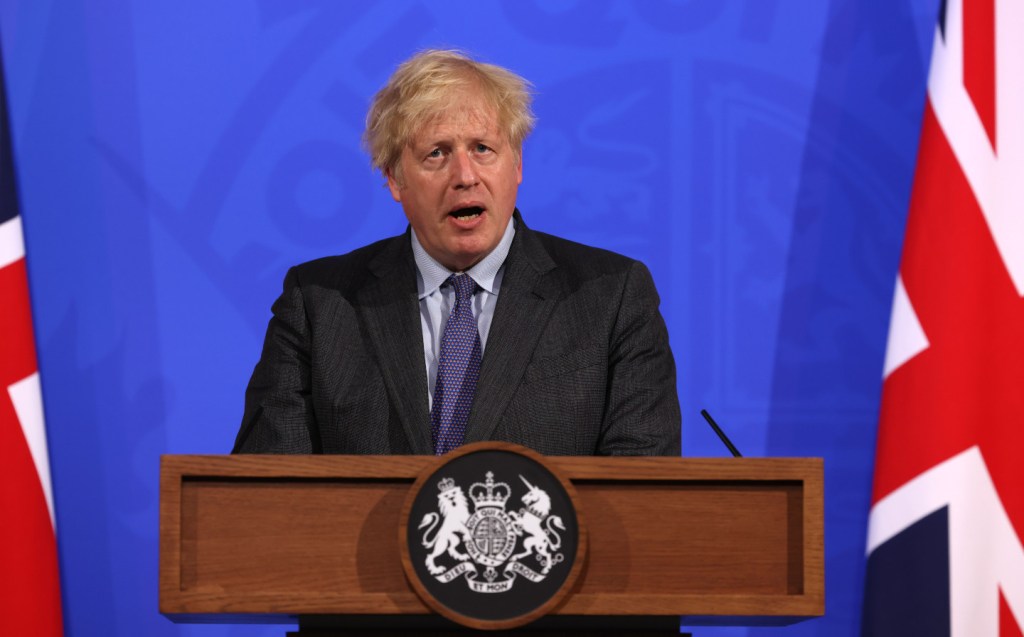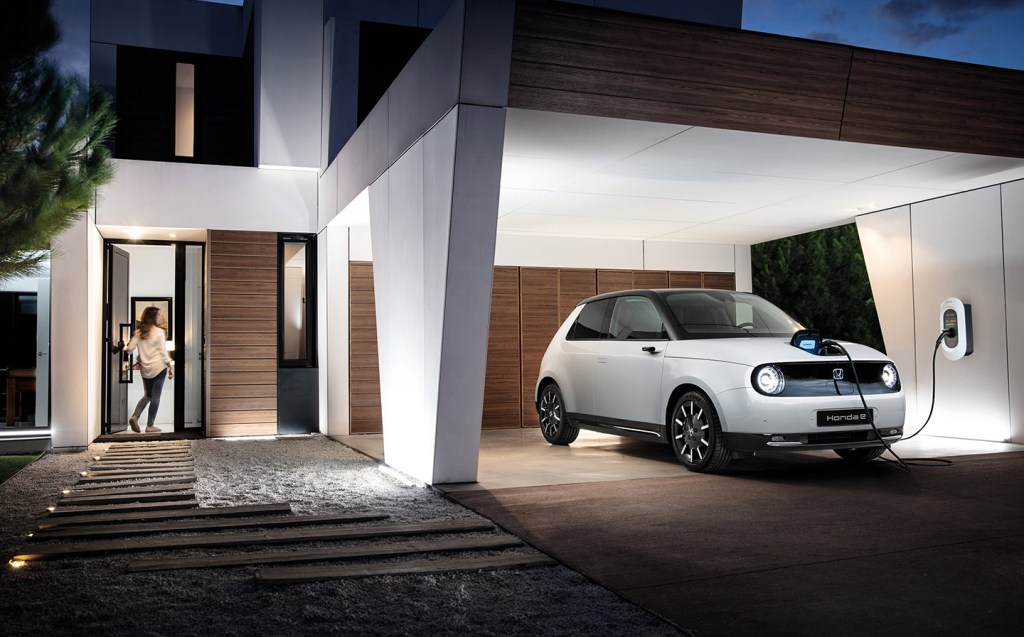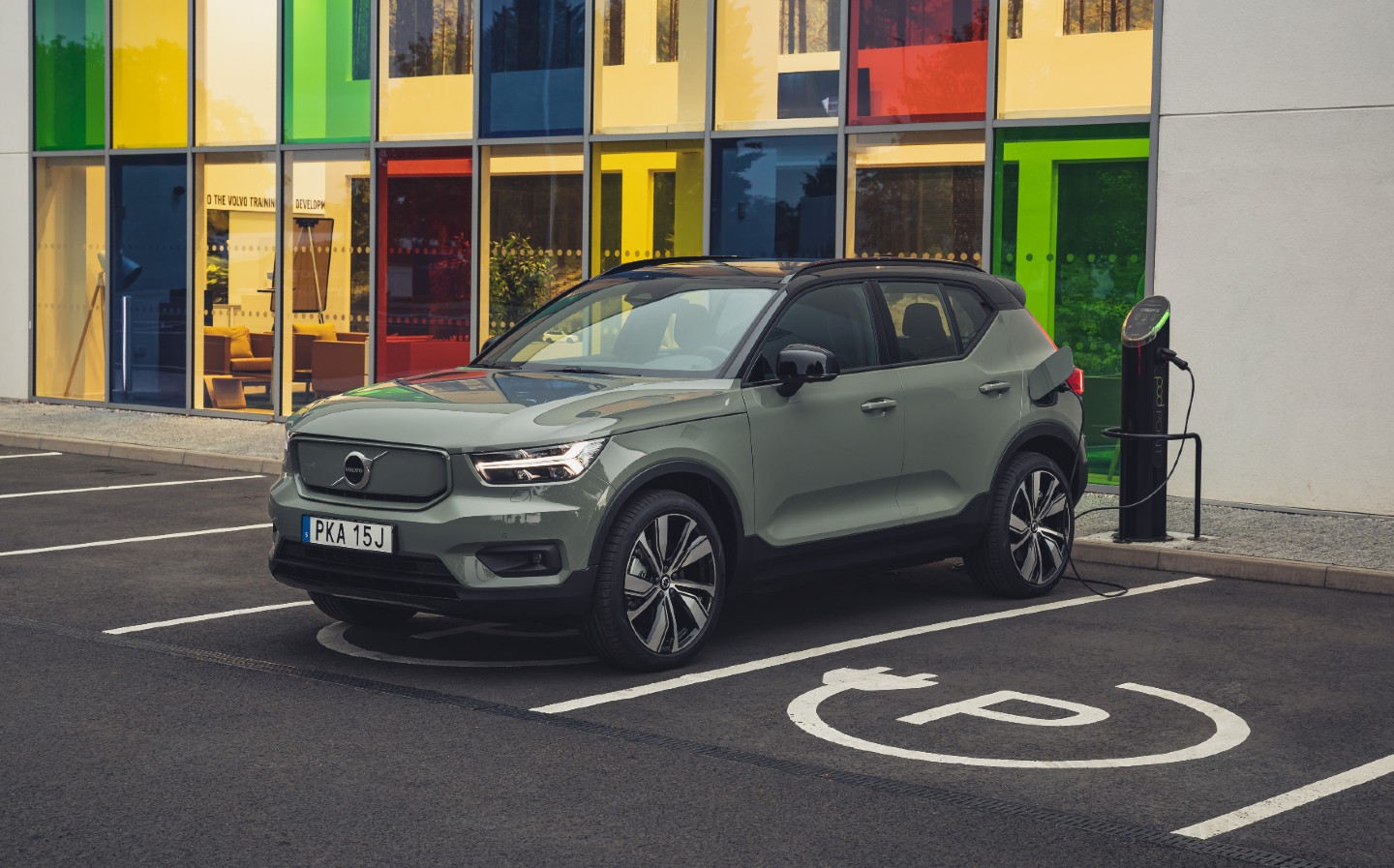Housebuilders lobbied against mandatory electric car home chargers
Cost concerns and electric shocks cited as reasons
Some of the UK’s largest construction companies privately lobbied the government against new rules that require the installation of an electric vehicle charger at every new home in England, according to documents obtained by The Guardian.
Among those that engaged in what the campaign group Transport & Environment described as “blatant lobbying efforts” were FTSE 100 firms Barratt Developments, Berkeley Group and Taylor Wimpey, all of which attempted to dissuade the government from making the inclusion of EV chargers mandatory as part of every new build.
The rules requiring the installation of home chargers were first announced last September by the then-under-secretary at the Department for Transport, Rachel MacLean MP, with a view to increasing the number of EV chargers in the UK by around 145,000 in the coming years.
The plan was later confirmed by former prime minister Boris Johnson at a speech to business leaders in November.

In 2019, however, prior to the announcement, government ministers consulted the construction industry on the proposal, and the documents unearthed by The Guardian as part of a Freedom of Information request revealed strong opposition to the idea by several large building firms.
During the consultation process, housebuilders wrote to the government voicing a number of concerns including the increase in construction costs, the potential to lock house buyers into technology that could theoretically become obsolete, the potential for electric shocks and the prevention of house buyers from buying cars with different plug types.
“We see practical and financial challenges associated with the proposed approach,” warned Taylor Wimpey, citing “significant uncertainty over the financial costs” and suggesting that the charger requirement could result in fewer homes being built.
A “wire-only approach”, a spokesperson for the company said in response to The Guardian’s queries, would have reduced the “need for retrofitting in the event of incompatible technology should electric vehicle charging technology advance”.
The Berkeley Group said it did not believe chargers would be required at every parking space because people would charge at work or while “going to the gym”, an idea that does not reflect the reality of the current electric vehicle situation that sees most owners charging their cars at home overnight.
The firms all argued that their responsibilities should end with the installation of the electrical infrastructure such as the cabling that would allow EV chargers to be installed in future, and not with the installation of the chargers themselves — something that would be ultimately simpler and cheaper for the companies.

Barratt said that the new rules would cost up to £63m, while another housebuilder, the Vistry Group (formerly Bovis Homes) said that the rules would cost it around £14m.
Despite construction industry opposition to the plan, the government held firm, with the rules on mandatory EV chargers in all new builds in England going into effect from June 15 this year, something for which it should be applauded according to Matt Finch, UK policy manager at Transport & Environment.
“It’s absurd that housebuilders attempted to hold back progress and slow down the drive to net zero,” said Finch.
“In the future, all cars will be electric, and futureproofing new homes with charging infrastructure is an obvious step to take.”
Although the rules on mandatory home EV chargers have gone into effect in England, due to the issue of devolved parliaments, separate legislation would need to be introduced in Scotland, Wales and Northern Ireland for the rules to take effect throughout the entire UK.
The UK currently has around 34,000 public electric vehicle chargers though a massive increase in both the number of public chargers as well as home chargers will be required in the next decade ahead of the government’s ban on the sale of new petrol and diesel cars from 2030.
Related articles
- After reading about the construction industry lobbying government, take a look at 10 things to know before you buy an electric vehicle
- Also, check out our latest EV reviews here
- Here are the top 10 longest-range electric cars
Latest articles
- F1 2025 calendar and race reports: The new Formula One season as it happens
- Seven great automotive events to visit this summer, from F1 to art and champagne
- Watch new Porsche 911 GT3 smash Nürburgring record for manual cars
- Skoda Elroq 2025 review: Czech carmaker can’t seem to miss with its electric family cars
- Five best electric cars to buy in 2025
- Should I buy a diesel car in 2025?
- Zeekr 7X AWD 2025 review: A fast, spacious and high tech premium SUV — but someone call the chassis chief
- Denza Z9GT 2025 review: Flawed but sleek 1,062bhp shooting brake from BYD’s luxury arm
- Extended test: 2024 Renault Scenic E-Tech review














